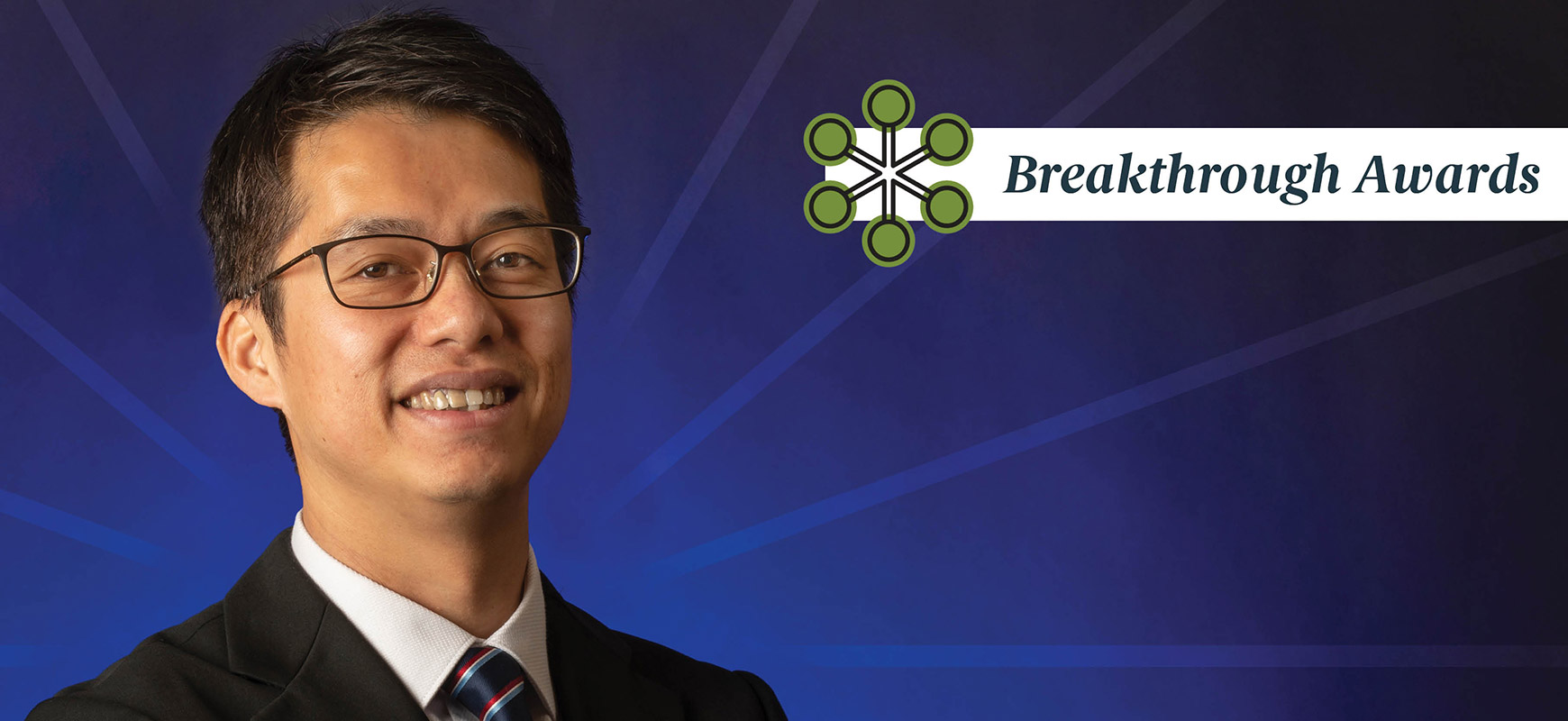
Terms of engagement
How data can reveal consumer attitudes in the hospitality industry
Posted on: July 26, 2019; Updated on: July 26, 2019
By Julie Smith Turner, turne292@mailbox.sc.edu
Before college, when Kevin Kam Fung So was choosing a course of study, he checked out a handful of introductory textbooks from a variety of fields — accounting, marketing, logistics — and read the first few chapters.
He had an aptitude for math, and each discipline held its own distinct appeal. The field that sparked his imagination, though, was a little less wonky, at least at first blush. After weighing all his options, So chose hospitality management.
“I realized as I was reading about hospitality management that this was an area where I felt strong excitement,” says So, who is now an assistant professor in the University of South Carolina’s College of Hospitality, Retail and Sport Management. “The hospitality industry is always associated with fun. When people think about a holiday, when they think about destinations to travel to, it’s always about finding an enjoyable and memorable experience.”
It really excites me to see my research that is relevant to other scholars, but I also want to inform industry practices. That impact is so critical.
Kevin So, hospitality
And So enjoyed diving into the field. As an undergraduate at Griffith University in Australia, he learned the industry from the inside out, completing internships in a range of operational areas, including food and beverage, housekeeping, front desk and concierge services.
His interests deepened, though, as he began to contemplate the complexities of consumer perception and experience, and how each is interwined with customer engagement with service brands.
In short, he wanted to help hospitality brands create, manage and deliver a service experience that would be perceived as superior by consumers. He also recognized that in the age of social media, where there are multiple ways that a company can influence how a customer feels and thinks about the brand, analytical methods traditionally used to gauge consumer engagement and satisfaction would increasingly require a deepened quantitative underpinning.
In graduate school, the interest in math resurfaced but in the service of his chosen career. He took additional graduate studies in mathematical sciences in statistics and statistical modeling while pursuing a Ph.D. in tourism and hospitality marketing. Both interests now inform his research, which is widely distributed and routinely cited by others, and has won many internationally prestigious awards in his field.
“In the past, we tended to focus on the quality of the service offering and on value perceptions, whether the offering is worth the money or not,” says So. “But all those concepts are evaluated from the consumer’s perspective primarily on the basis of the service encounter. Now, with the significant proliferation of social media channels and other platforms, customers can engage and interact with the brand in many different ways outside of the service encounter, and also engage with other customers of the same brand.”
But while the landscape is more complicated, it also presents new opportunities for brands to engage with consumers. That new level of engagement, in turn, allows brands to provide better customer experience, particularly in the hospitality industry — and particularly in South Carolina, where tourism is the No. 1 industry.
For So, who is also a research associate with the SmartState Center of Economic Excellence in Tourism and Economic Development, seeing his work help reshape his academic field while also paying real world dividends in the tourism and hospitality industry is a win-win.
“Over the years we have partnered with regional, state and federal agencies to conduct research projects that help grow the tourism and hospitality industry,” says So. “It really excites me to see my research that is relevant to other scholars, but I also want to inform industry practices. That impact is so critical.”